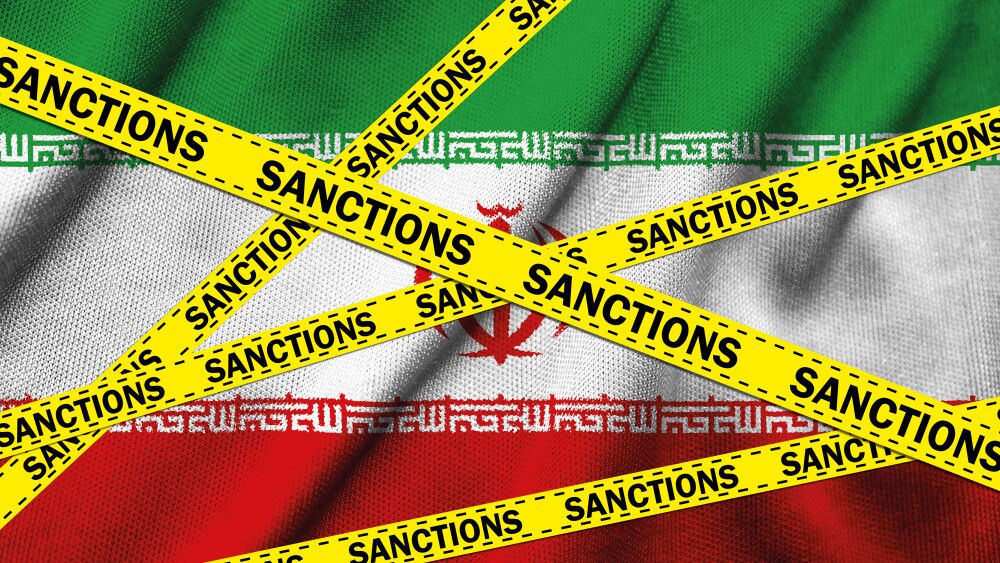After news broke on August 28, 2025, that the United Kingdom, France, and Germany, the so-called E3, would begin restoring United Nations sanctions on Iran, the Iranian rial collapsed to one million per U.S. dollar. This marked the second time in recent months that the currency crossed that dangerous threshold. Officials in Tehran warned that the dollar could climb above 1.5 million rials and inflation could hit 100 percent.
Last-minute talks a day earlier between the European states and Iran produced no breakthrough. A few months ago, if Tehran had announced an end to uranium enrichment, the West likely would have moved toward a deal that might have spared the country from economic ruin. By the end of August, however, Tehran was practically begging for talks with Washington—whose leaders appeared indifferent after bombing Iran’s nuclear facilities in June.
Last-minute talks a day earlier between the European states and Iran produced no breakthrough.
The failure with European powers surprised no one after Supreme Leader Ali Khamenei’s August 24 speech, in which he dismissed accommodation with the United States. Taking aim at domestic advocates of engagement with Washington, Khamenei said: “Those who argue, ‘Why don’t you hold direct negotiations with America and resolve your issues?’—in my opinion, they too are only seeing what’s on the surface. That is not the essence of the matter. This is not a matter that can be resolved.”
He looked older than just weeks earlier, before he went into hiding—tired, hoarse, and speaking slowly—but he still appeared to be in control and dictating policy. At 85, however, his time may be short. Many speculate that his son Mojtaba could succeed him. With Israel’s June strikes killing much of the Islamic Revolutionary Guard Corps’ top command, the military may not be in a position to exert much political influence soon.
The process of triggering the United Nations “snapback” mechanism will take about a month. Diplomatic sources say serious negotiations with Tehran will begin only once that process moves forward. The mechanism automatically restores Security Council sanctions suspended under the 2015 Joint Comprehensive Plan of Action nuclear agreement.
“The E3 leaders believe Iran has spent years openly violating its obligations under the 2015 nuclear deal without taking concrete steps to fix the situation,” a European diplomat explained.
As Iran’s economy collapses, Iranians in their thirties complain on social media that nuclear talks have dragged on since their childhood, while living conditions steadily declined. One U.S. dollar traded at 9,000 rials in August 2005. Western powers first discovered Iran’s clandestine nuclear program more than twenty years ago, and negotiations have continued ever since. Many Iranians argue the regime will never make a genuine attempt to reach an agreement and question why Europeans keep engaging.
Exiled opposition leader Reza Pahlavi criticized Europe’s willingness to keep dealing with Tehran. “The E3 must reinstitute snapback sanctions without further delay. The extra time only helps the world’s foremost state sponsor of terrorism, not the UK, France, Germany, or the Iranian people,” he wrote on X.
Government-controlled media in Tehran downplayed the failed talks and the European snapback decision. Some leading websites ignored the issue altogether; others limited coverage to citing Western reports.
Questions remain about the fate of more than 400 kilograms of Iran’s highly enriched uranium.
Trying to placate the E3, Tehran allowed International Atomic Energy Agency inspectors to visit in recent days, but only to supervise fuel replacement at the Bushehr nuclear reactor—not to inspect the sites Israel bombed in June. Questions remain about the fate of more than 400 kilograms of Iran’s highly enriched uranium. Since early 2021, Tehran has restricted International Atomic Energy Agency access and refused to cooperate meaningfully with the international watchdog.
Earlier this month, Israeli officials threatened a second wave of strikes, a warning that may tie directly to the nuclear talks. Few expect Tehran to make concessions sufficient to prevent either the snapback sanctions or another Israeli assault—especially if Khamenei’s latest words truly reveal the essence of his policy.
As the Iranian economy teeters and isolation increases, Iranians must realize the worst is yet to come.







